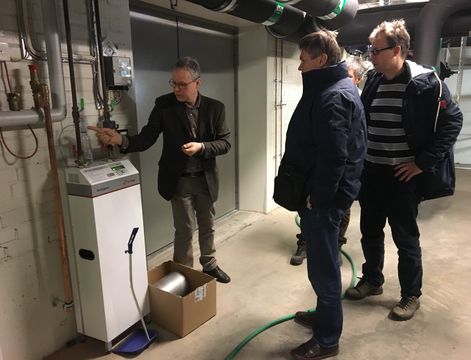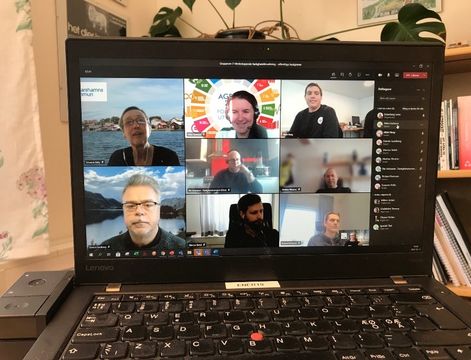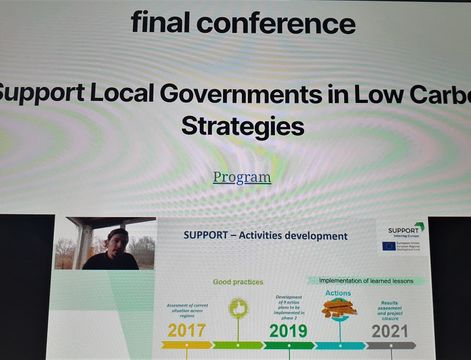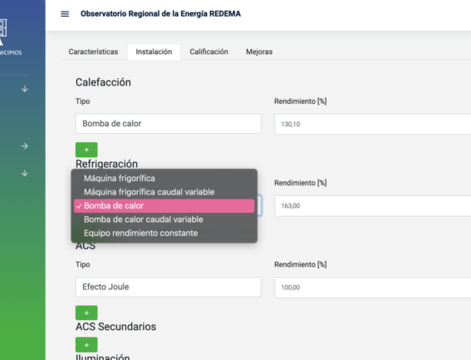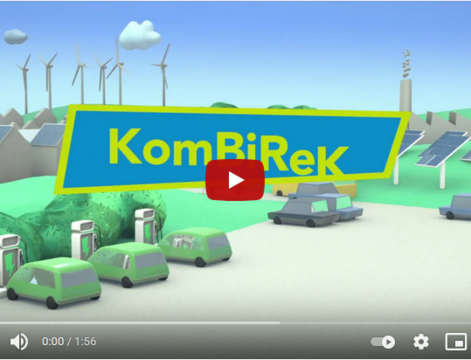The first of the focus groups held in Seville, in the Second Interregional Seminar, was all about the issue of Green Public procurement. After an accurate analysis regarding the new rules for the assignment of public procurements carried out by Simone Ricotta, (member of the “Management committee for the implementation of the national plan GPP and for the Development of the national integrated policy strategy of product”), stakeholders and partners listened to a presentation of Pablo Quero Garcia and the one given by Maria Luisa Borra Marcos, focused on which sectors might be interested by these specific and innovative public procurements.
The three focus groups, that worked in parallel session, has tried to answer three fundamental questions:
Group A: Is there a place for the GPP in the public procurement process?
Group B: Green procurement in the context of sustainable development at local and national level.
Group C: How to contributes to the institutional change towards a greener Public Procurement?
As follows the conclusions reached by subgroups:
Group A – So far, except for Italy, German and Sweden, there are no energy saving criteria foreseen within public procurements and EU structural funds themselves don’t take under serious consideration GPPs, paying more attention to different key words such as development, growth and employment.
As a matter of fact, that green purchases policies are quiet recent, just think to those Italians and Spanish lately approved, but it is also true that are considered hindrances to enterprises.
Another relevant balk is the lowest price consideration trend as a major assignment policy of procurements. In Italy and Spain only (with the above mentioned approval of specific laws) the idea that energy saving is synonym of quality begins to stand out.

Group B – GPPs increase in competition, threatening small-sized enterprises, according to some points of view.
In spite of this dark side, GPPs might have an important effect on food market, especially for issues related to transport. Zero-mile products’ appeal, for example, seems to have greatly increased because consumers are more aware on their choice of products that have low environmental impact.
For sure, everybody's agreed that it’s necessary to foreseen and tickle a long term process of change.

Group C – Conclusions sunder the various levels, EU/regional/Local.
At the EU level, there is general accordance to the necessity that GPPs are mandatory: some demand to set up European criteria in order to be developed and cut out on national features; others bear that it’s necessary that GPP rules must be the same to all member States in order to be functional. In any case, everybody believes that those are market regulation means.
At regional/local level, burocracy and lowest price consideration trend are considered obstacles to overcome. Laws, monitoring of contracts and incentives, are seen as some antidotes useful to trigger long term process of change which must be supported, in any case, by a growth of GPP’s knowledge. In this case, it is necessary politics and local authorities involvement.




